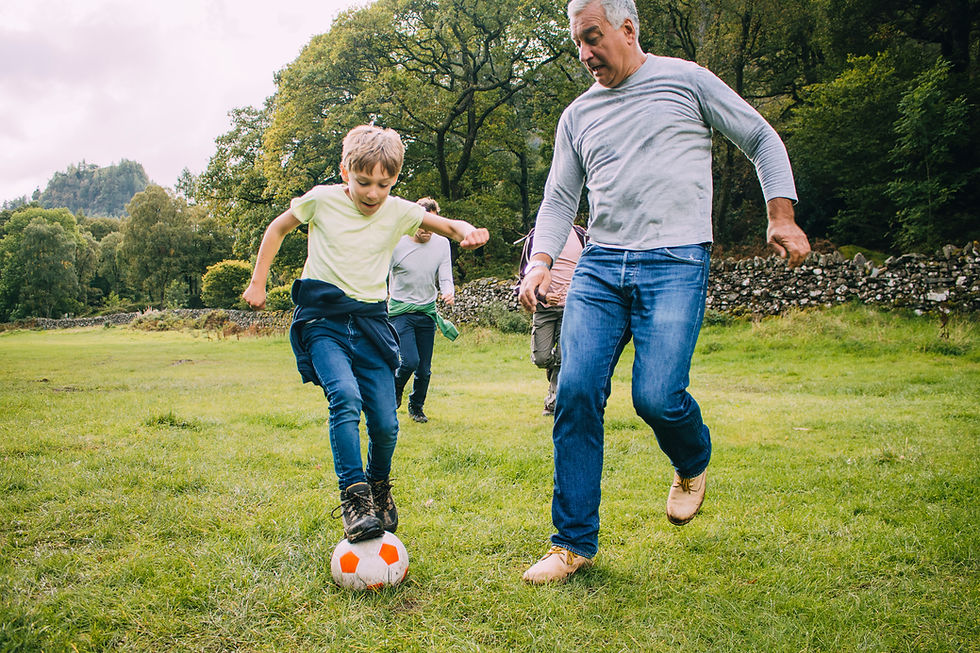“I’m not afraid of storms, for I’m learning to sail my ship.” Louisa May Alcott
- Treva Anderson

- Jul 19, 2021
- 3 min read

For many of us, it takes years of struggle before we get to the point of being mentally agile enough to not be fearful of adversity. Our natural inclination as parents is to steer our children away from the pending storm – for their own good. Unfortunately, that does not help children learn the skills necessary to build trust and confidence in themselves. The teenage years bring with them a particular vulnerability for athletes. These include things like; trying out for a team, changing teams, and worrying about being good enough to play with teammates or impressing coaches. I often hear from parents that their once confident sport-loving child turns into another version of themselves around age 13/14. This may bring doubt about continuing to play. Here’s some suggestions I’ve shared with the parents of my athlete clients:
1. Don’t take for granted that your child knows you love them regardless of their sport performance. Show them, tell them, and reinforce frequently that your love is not dependent on their wins/successes.
2. Read their body language before/after practice and competitions. Even though you may have the best tip in the world that will help them become better – they may just need a hug or a burger (sometimes the burger comes first 😊). As a parent, we do not see/hear all the input from coaches and teammates so we can assume we should add in our two cents. Even kids who live and breathe their sport need a break now and then. The more balance the conversations you have with your child, the more they can feel like they are more than their sport to you.
3. If you are not sure if you are helping your child or getting in the way, ask. I advise my young athletes to consider what they need from their parents and have a conversation. Do not wait until your child comes to you. Think about what is most important. Do you want the relationship between you to be the most important thing? If so, focus on talking with them and practice being non-defensive if they ask you to not provide your input. This type of request comes from a desire to separate the role of child to you from athlete. When we move into an informal coaching role this can confuse our children. Maybe discuss a compromise for those sport conversations, such as limiting it to the drive home, or no sport talk for the drive and discussions can last for 10 minutes later. Ask your child for their preferences. This is not about coddling, but rather a method to allow them space to best listen to your feedback.
4. Reinforce the behavior you are looking for. I want my children to have fun and be physically active. Therefor, my feedback is focused on those two things. If my children ask for other input, then I provide it. If you want your child to push themselves and work hard, then make sure to point out specific times during practices or competitions when they appear to be working hard. If you choose to provide feedback, make sure it is specific and based on behavior. For example, ‘I could tell you were focused on the play and really hustled to the ball.” This is more effective compared to… “you did great out there.”
Hope these tips help you and your child!




Comments